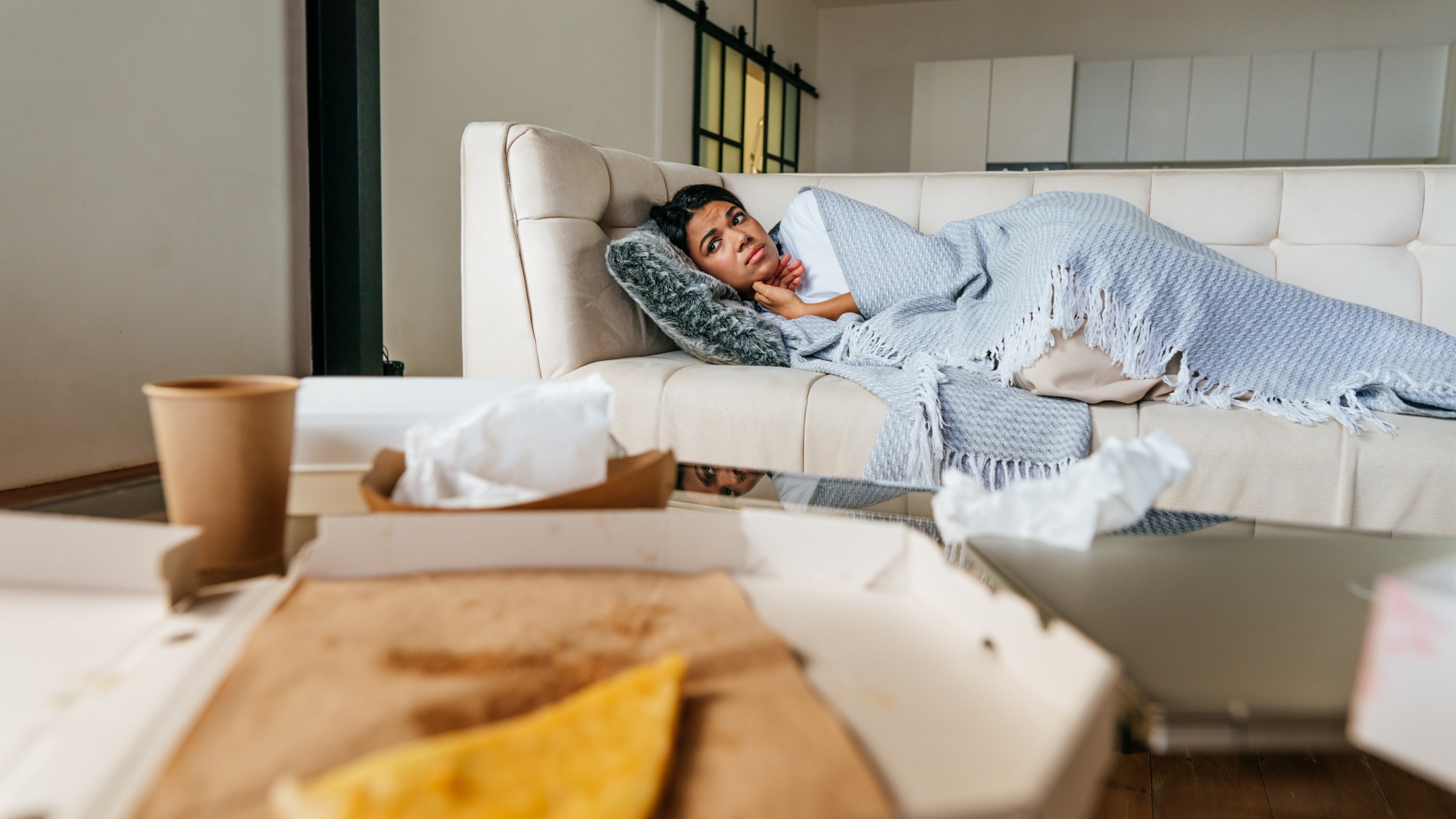Do you know that around 529 million people in the world suffer from diabetes, and this number is growing rapidly? Are you also wondering if you are one of those now because you feel sleepy after eating? Well, let me help you.
Yes, falling asleep after eating could be a sign of diabetes, but it may not be as well. It is more common among diabetes patients, but it generally happens to everyone too due to sudden changes in blood sugar levels. You are usually safe unless you are also experiencing other symptoms of diabetes, like excessive hunger or thirst, slow recovery, weight loss, etc.
Reading this brief guide will enable you to understand the connection between your fatigue or sleepiness and diabetes. You will know whether you are at risk of diabetes or if you are safe. Stay with us to get to the bottom of it by starting with understanding why and how this happens.
Why Do People With Diabetes Feel Sleepy After Eating?
People with diabetes feel sleepy or tired after eating due to high blood sugar levels. In fact, it is very common for diabetes patients to feel it even when they have not eaten. There can be multiple reasons for it. Let’s check them out.
Blood Sugar Control
The first and most important one is blood sugar control. Its proper control is essential for managing diabetes-related fatigue. Fluctuations in blood sugar levels, especially after meals, usually trigger feelings of sleepiness.
Your blood sugar levels rise rapidly after eating, and the body releases insulin in response. It causes a subsequent drop in blood sugar levels, which can make you feel tired. Calculated meals can help you control this effect by a huge amount.
Inflammation
The second reason you feel sleepy after eating is chronic inflammation. It is a common feature of diabetes that is linked to fatigue in individuals with the condition. Studies have shown that people with type 2 diabetes often have higher levels of inflammation. These also play a role in increased feelings of tiredness.
Making dietary changes, performing exercise, and taking medication can help you reduce fatigue with diabetes. Remember to consult your doctor before making any of these changes to ensure your safety.
Other Possible Causes
There are several other factors as well that may contribute to fatigue, along with blood sugar control and inflammation. Let’s take a look at these factors.
- Poor sleep quality
- Lack of physical activity
- Depression
- Pain
- Overall quality of life
- Sleep disturbances
- Body mass index (BMI) fluctuations
Why Does Everyone Feel Sleepy After Eating?
Here is why you feel sleepy after eating. The main reason behind it is the process of breaking down the food we eat. Our digestive system breaks down carbohydrates into simpler sugars, or glucose. Rich carbohydrate foods include rice, bread, pasta, etc. This glucose is then absorbed into the blood, raising blood sugar levels.
As blood sugar levels increase, our body responds by releasing insulin. It is a hormone that helps cells take in and use glucose for energy. This rise in insulin, along with the increased uptake of glucose by cells, is usually responsible for making us feel sleepy after eating.
Symptoms Of Diabetes
If you are worried about whether you may have diabetes or not, these symptoms might help. These are the signs of diabetes. If these sound familiar, then you may be right. Visit a doctor and get some tests to confirm it.
- Excessive urination
- Excessive thirst
- Excessive hunger
- Unexplained weight loss
- Fatigue
- Blurred vision
- Slow healing of wounds
- Repeated or persistent infections
- Unusual tingling or numbness
- Dry skin
Do You Need A Diagnosis?
If you’re continuously experiencing increased fatigue or sleepiness after meals, there might be a problem. If you are also feeling symptoms like excessive thirst, hunger, or unexplained weight loss alongside it, then you must get a diagnosis. It can be any serious health problem, like diabetes, so it’s necessary to stay on the safe side. .
The diagnosis process usually starts with a visit to a doctor. He will then inquire about your symptoms and may ask you for some tests. These may include blood sugar measurements, HbA1c tests, etc. These will help in an accurate diagnosis, whether you are feeling it due to diabetes or any other medical condition.
Final Words
Feeling asleep after eating is not a sign of diabetes, but it could be a sign of it. Especially if you have noted any other symptoms of diabetes alongside it recently. You should get a diagnosis in this case. Never hesitate to reach out to a doctor because a late diagnosis can make your situation worse and cause more complications.
If it’s not due to diabetes, then it’s time to make some lifestyle changes. These may include calculated meals. Doctors also recommend dividing your diet into more meals to prevent it. Replace high-sugar and high-fat foods with fiber. Eating these will not raise your blood sugar levels and may help you prevent this situation. The best way is to get a customised plan from your doctor for this purpose.


